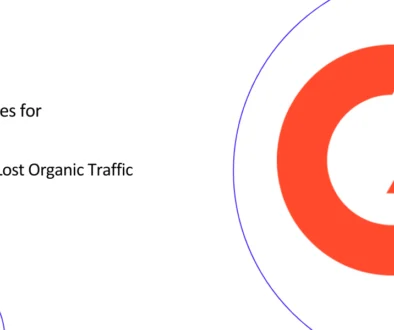A Comprehensive Guide to Schema Markup Implementation: The Preferred Format for Search Engine Optimization
Key Takeaways
- JSON-LD is the preferred format for implementing schema markup.
- JSON-LD offers several advantages over other schema markup formats.
Introduction
Imagine your website as a storehouse of information. JSON-LD and microdata are like labels attached to each item, telling search engines precisely what’s inside. JSON-LD is invisible to visitors but preferred by Google, making it ideal for those who aren’t web design gurus. Microdata, on the other hand, displays labels directly on the page. Both are used and verified in the same way by Google and Yahoo, so the choice comes down to preference.
Boosting Your Search Ranking with Schema.org
Think of Schema.org as a universal language for structuring website data. It outlines exactly how to label information like addresses, products, or even specific terms like “Anaconda” (the book, not the snake!). This clarity helps search engines like Google avoid guessing and deliver relevant results.
From Ambiguity to Relevance: The Power of Schema.org
Imagine searching for “Anaconda.” Without Schema.org, Google might rely on past user clicks, potentially prioritizing reptile sites even if your site focuses on the book. But with Schema.org labels, your book-centric website jumps up the rankings, ensuring readers find what they’re truly looking for.
By implementing Schema.org, you become a translator, speaking directly to search engines and boosting your website’s visibility. So, while the reptile “Anaconda” might hold Google’s historical attention, your carefully labeled “Anaconda” book site holds the key to attracting the readers you deserve.
Google prefers JSON-LD
While both JSON-LD and microdata are valid ways to inject structured data onto your website, JSON-LD has become the preferred choice for many SEOs, including Google. Its strengths lie in its centralized location, hierarchical structure, and relative ease of finding compared to scattered microdata elements. Additionally, JSON-LD’s injectable nature through tools like Google Tag Manager empowers SEO professionals without requiring developer intervention, unlike the potentially resource-intensive process of baking microdata into individual page elements.
Top Reasons Why JSON-LD is the Preferred Format for Schema Markup Implementation

JSON-LD offers several compelling advantages over other schema markup formats, such as Microdata and RDFa:
Simplicity and Readability:
JSON-LD’s syntax is straightforward and easy to understand, making it accessible to both technical and non-technical users.
Ease of Implementation:
JSON-LD can be embedded within a web page using a simple script, eliminating the need for complex modifications to the page’s HTML structure.
Flexibility and Scalability:
JSON-LD’s nested structure allows for the representation of complex data relationships, making it suitable for a wide range of websites and content types.
Machine-Friendliness:
Search engines can easily parse and interpret JSON-LD data, ensuring that your website’s structured data is accurately understood.
Implementing JSON-LD: A Step-by-Step Guide
- Identify the Schema Type: Determine the appropriate schema type for the content you want to markup. Schema.org provides a comprehensive list of schema types for various entities and concepts.
- Structure the JSON-LD Data: Create a structured JSON-LD object that adheres to the guidelines for the chosen schema type. Include all relevant properties and values that accurately describe the entity or concept.
- Embed the JSON-LD Data: Place the JSON-LD script within the <head> or <body> section of your web page. You can also use a dedicated script manager to handle the implementation.
- Validate and Test: Utilize Google’s Structured Data Testing Tool to validate and test your JSON-LD implementation. This tool will identify any errors or inconsistencies in your structured data.
Additional Tips for Effective Schema Markup Implementation
- Target High-Value Pages: Prioritize implementing schema markup on pages that are most relevant to your target audience and have the potential to generate significant organic traffic.
- Consistency is Key: Ensure consistency in your schema markup across your website to maintain search engine trust and enhance the overall user experience.
- Regular Updates: Keep your schema markup up-to-date as your website and content evolve. This ensures that search engines have the most accurate and current information about your website.
Conclusion
By embracing JSON-LD as the preferred format for implementing schema markup, you can empower your website to achieve greater visibility and engagement in search results. With its ease of implementation, flexibility, and machine-friendliness, JSON-LD provides a powerful tool for enhancing your website’s search engine optimization efforts.
How Manmash Consulting Can Help?
Manzar Mashhood and his Manmash Consulting can assist you in effectively utilizing JSON-LD for implementing schema markup. Our team of technical SEO experts possesses extensive knowledge and experience in schema markup application and can guide you through the entire process, from identifying appropriate schema types to embedding JSON-LD scripts and ensuring seamless integration with your website. We can also provide ongoing support to ensure your schema markup remains accurate and up-to-date, maximizing its impact on your website’s visibility and organic traffic.




